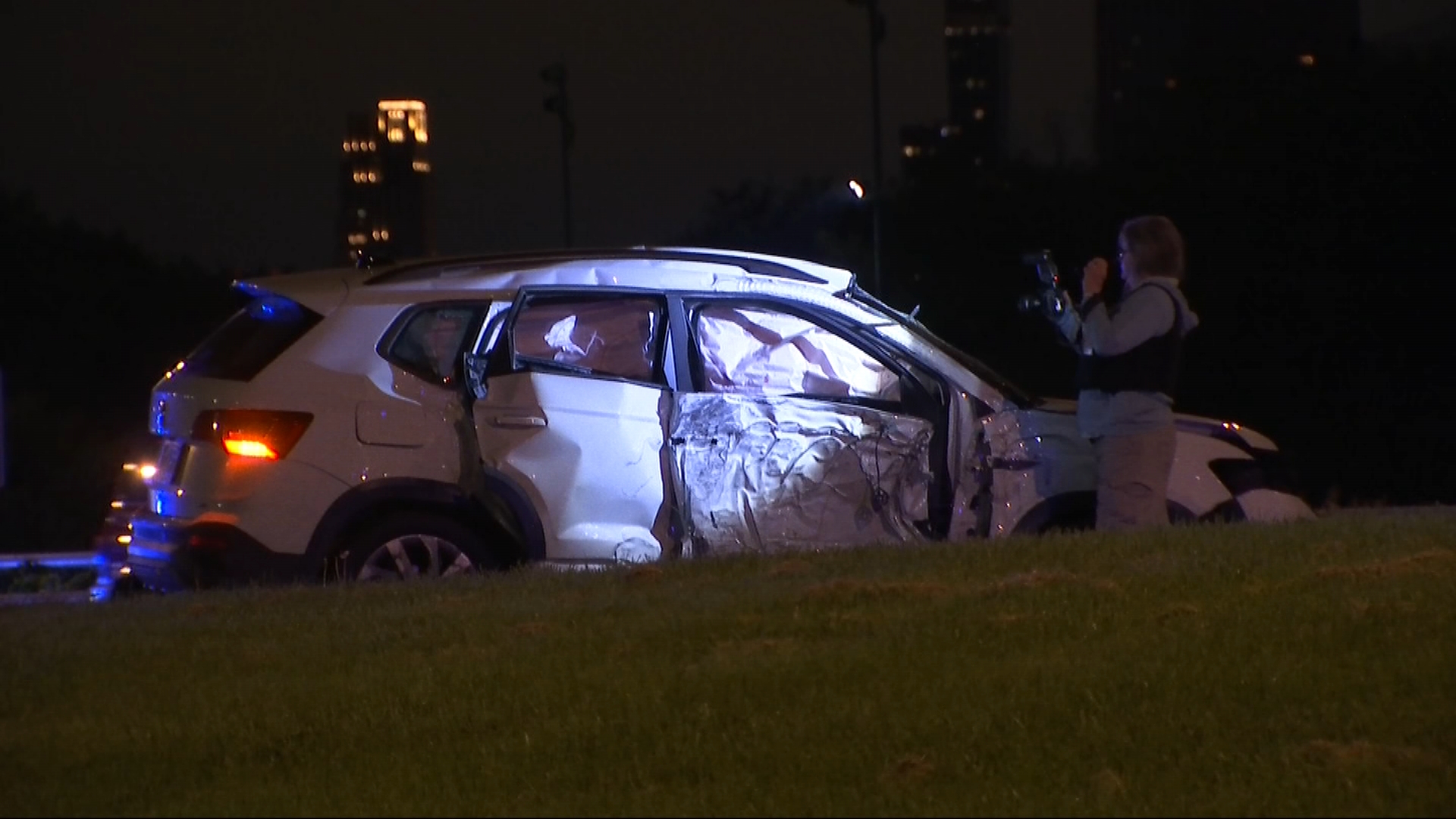Clocks will soon be shifting for the start of daylight saving time, but what if that switch didn't happen? Or what if daylight saving time became permanent?
The two scenarios have long been debated, with experts torn over which is better: permanent standard time or permanent daylight saving time.
But as many prepare for the clocks to "spring forward," here's a look at what would happen if things no longer changed:
What is standard time?
According to the website Time and Date, standard time is the local time in a country or region when daylight saving time is not in use.
"More than 60% of the countries in the world use standard time all year," the site says. "The remaining countries use DST during the summer months, generally setting clocks forward one hour from standard time."
According to the AASM, it's standard time that more closely matches our body's internal clock.
Local
"The daily cycle of natural light and darkness is the most powerful timing cue to synchronize our body’s internal clock," the Illinois-based organization says. "When we receive more light in the morning and darkness in the evening, our bodies and nature are better aligned, making it easier to wake up for our daily activities and easier to fall asleep at night. Daylight saving time disrupts our internal clock, leading to sleep loss and poor sleep quality, which in turn lead to negative health consequences."
"For morning commuters and children heading off to school, dark mornings caused by permanent daylight saving time pose numerous safety concerns," the AASM says. "This would be especially problematic during the winter months when days grow increasingly shorter."
Feeling out of the loop? We'll catch you up on the Chicago news you need to know. Sign up for the weekly Chicago Catch-Up newsletter here.
What is daylight saving time?
Daylight saving time is a changing of the clocks that typically begins in spring and ends in fall in what is often referred to as "spring forward" and "fall back."
Under the conditions of the Energy Policy Act of 2005, daylight saving time starts on the second Sunday in March and ends on the first Sunday in November.
On those days, clocks either shift forward or backward one hour.
When is daylight saving time?
Daylight saving time will resume on March 10, 2024, with the second Sunday in March marking the official date when clocks will spring forward.
By the time that date rolls around, the Chicago area will be seeing nearly 12 hours of sunlight per day, with the spring equinox coming just days later.
For those curious, the summer solstice will take place on June 20, with more than 15 hours and 13 minutes of sunlight. Sunset will take place at approximately 8:29 p.m., giving residents plenty of time to enjoy the extra sunshine.
Days will start to get shorter after that, and the end of daylight saving time will occur on Nov. 3, 2024.
Do experts prefer daylight saving time or standard time?
Previously, proposed legislation pushed for permanent daylight saving time, but that legislation ultimately fell through.
Still, sleep experts have long questioned the health of daylight saving time.
The American Academy of Sleep Medicine has pushed for a switch to permanent standard time for several years.
“By causing the human body clock to be misaligned with the natural environment, daylight saving time increases risks to our physical health, mental well-being, and public safety,” Dr. M. Adeel Rishi, who is chair of the AASM Public Safety Committee and a pulmonary, sleep medicine, and critical care specialist at Indiana University Health in Indianapolis, said in a statement. “Permanent standard time is the optimal choice for health and safety.”
Experts cited a "growing body of evidence" in recent years.
“Permanent standard time helps synchronize the body clock with the rising and setting of the sun,” Dr. James A. Rowley, president of the AASM, said in a release. “This natural synchrony is optimal for healthy sleep, and sleep is essential for health, mood, performance, and safety.”
It also mirrors similar takes from other organizations, including the National Sleep Foundation, which said "seasonal time-changes are disruptive to sleep health and should be eliminated."
But, according to the Department of Transportation, daylight saving time has a number of benefits. The DOT's website highlights the following:
- It saves energy. During Daylight Saving Time, the sun sets one hour later in the evenings, so the need to use electricity for household lighting and appliances is reduced. People tend to spend more time outside in the evenings during Daylight Saving Time, which reduces the need to use electricity in the home. Also, because the sunrise is very early in the morning during the summer months, most people will awake after the sun has already risen, which means they turn on fewer lights in their homes.
- It saves lives and prevents traffic injuries. During Daylight Saving Time, more people travel to and from school and work and complete errands during the daylight.
- It reduces crime. During Daylight Saving Time, more people are out conducting their affairs during the daylight rather than at night, when more crime occurs.
What would happen if daylight saving time was permanent?
Illinois residents are used to the sun going down just after 4 p.m. in the month of December, but if the clocks didn't change in the fall that would of course change. Had Daylight Saving Time become permanent, the earliest winter sunset in 2023 would have occurred on Dec. 8, 2023 at 5:21 p.m.
The real change would occur at sunrise. With the time shifted forward by an hour, sunrise would not occur until after 8 a.m. for a good chunk of the winter, meaning that morning commutes for students and workers would be a bit darker.
In fact, sunrise wouldn’t occur until after 8 a.m. for a span of nearly two months, from Dec. 4 to Feb. 3.
Since Daylight Saving Time is already in effect during the summer, the earliest sunrise of the year (June 13) and the latest sunset of the year (June 24) will remain unaffected.
*Note: All times listed here are accurate for the winter of 2023 and 2024



